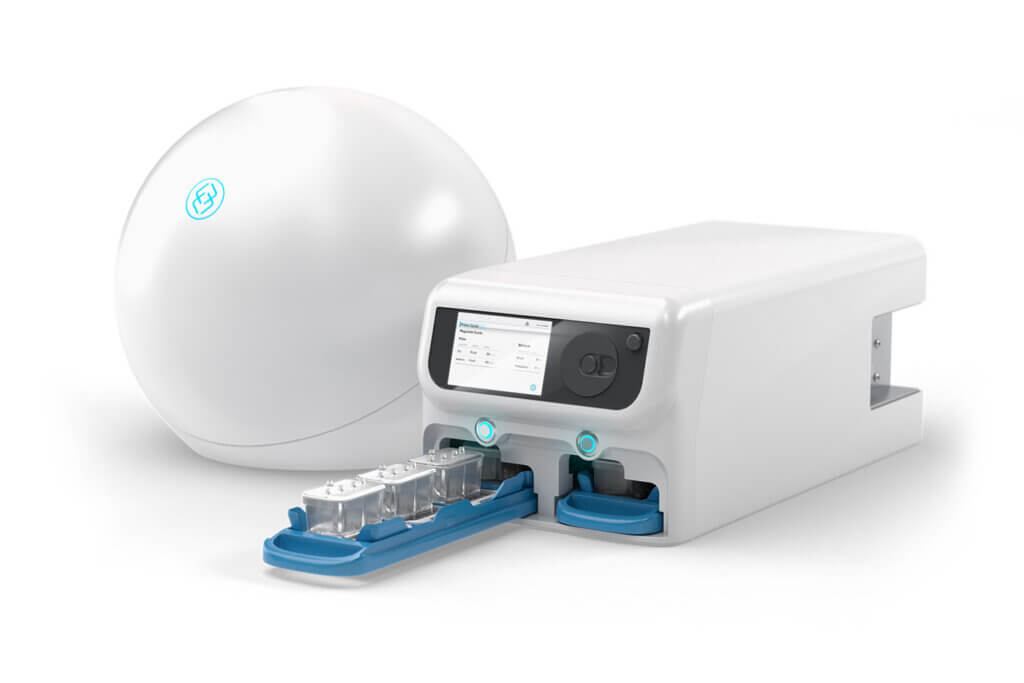50+ Years and No Cure—PETA Explains How to Win the ‘War on Cancer’
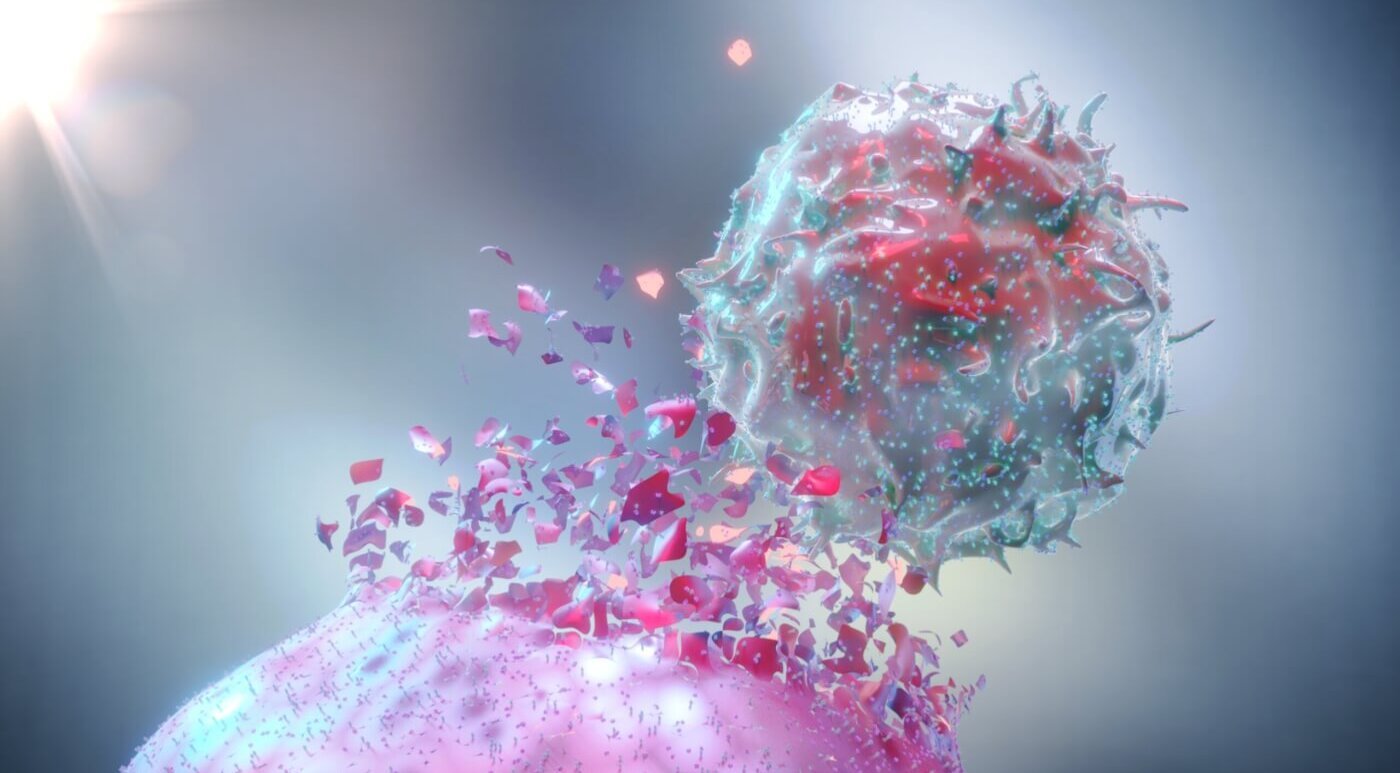
Update (January 6, 2026): Our petition—signed by more than 140,000 supporters and backed by the National Hispanic Medical Association as well as more than 100 physicians and health-care professionals—urges the National Cancer Institute (NCI) to stop funding failed cancer experiments on animals (see details below); support modern, human-relevant research methods; and direct more funds to the prevention of cancer.
In 2022, the White House relaunched the Cancer Moonshot, an effort focused on disease prevention and care, yet funding was still provided to run cancer tests on animals, while rates of cancer in humans continue to grow across the United States.
PETA urges the NCI to move away from the ineffective animal-based strategies that have been used in its attempts to wage war on cancer. The disease remains the 2nd leading cause of death in the U.S., owing in large part to the staggering 96.6% failure rate in humans of cancer drugs tested on animals.
As we continue to urge the NCI to modernize cancer research, your help is critical. If you haven’t already done so, please take action below:
2021 marked the 50-year anniversary since then-President Richard Nixon declared a “war on cancer,” flinging open the floodgates to billions of American taxpayer dollars, which poured into research aimed at defeating this deadly disease.
More than a half-century later, there is still no cure for cancer and cancer prevention resources are limited.
What went wrong? How could such a technologically advanced country fail so spectacularly to find a cure for this disease, despite five decades of nearly unwavering focus from expert scientific minds? Simple: animal experimentation.
Cancer Has Won the War on Cancer
In 1971, when Nixon signed the National Cancer Act, which launched the war on cancer, the disease was the second leading cause of death in the U.S.
Fifty years later, cancer is STILL the second leading cause of death in the U.S.
Officials estimate that cancer killed 611,720 Americans in 2024. About 40% of people in the nation can expect a cancer diagnosis at some point in their lives, and despite significant investment in research for cancer therapies, only 70% of them will survive for longer than five years after that diagnosis.
All this after 50+ years of ineffective, cruel and deadly animal experimentation costing billions of dollars of taxpayer money.
Prevention, Not Animal Testing, Has Brought Down Cancer Rates
The most significant victories in the war on cancer haven’t come from a lab. They’re personal preventive measures: quitting cigarette smoking, skipping red and processed meat in favor of a plant-based diet, and having regular checkups for screening. After a steep increase in cancer rates in the 1990s, these measures have brought rates down 27% over the past two decades.
Yet only 5.5% of the budget for the National Cancer Institute (NCI)—the federal agency under the National Institutes of Health that’s leading the war on cancer—was dedicated to prevention in 2024. In fact, the percentage of the NCI’s funds dedicated to cancer prevention and control has stayed relatively stable over the past several years, despite increases in overall budget, most of which goes to research.
Animals Are Not Miniature Humans
In crude attempts to understand how cancer develops and can be treated in humans, experimenters graft human tumor cells to mice, inject the animals with chemicals, or genetically engineer them to have cancer-causing genes, then kill them or allow them to suffer and die slowly.
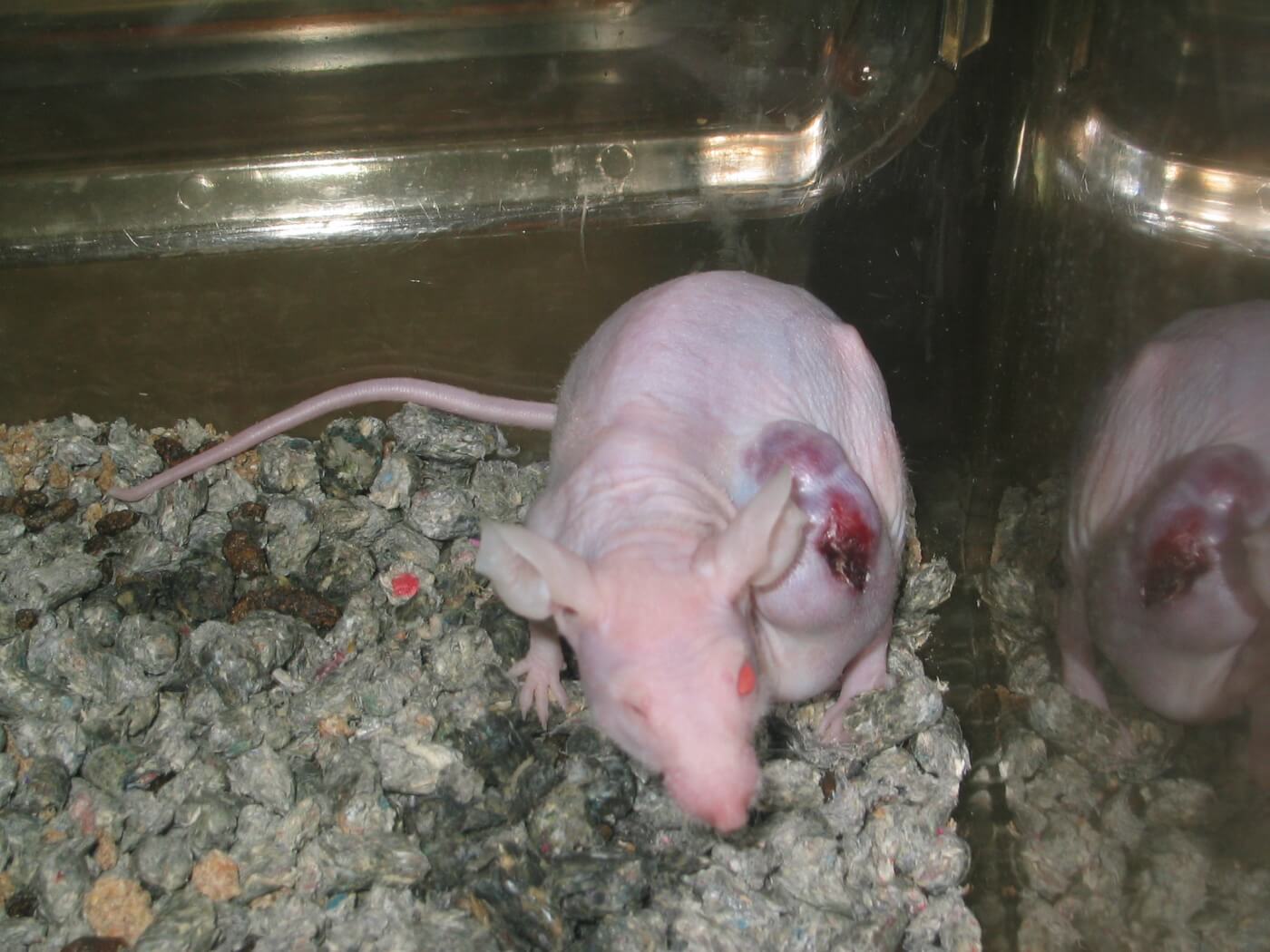
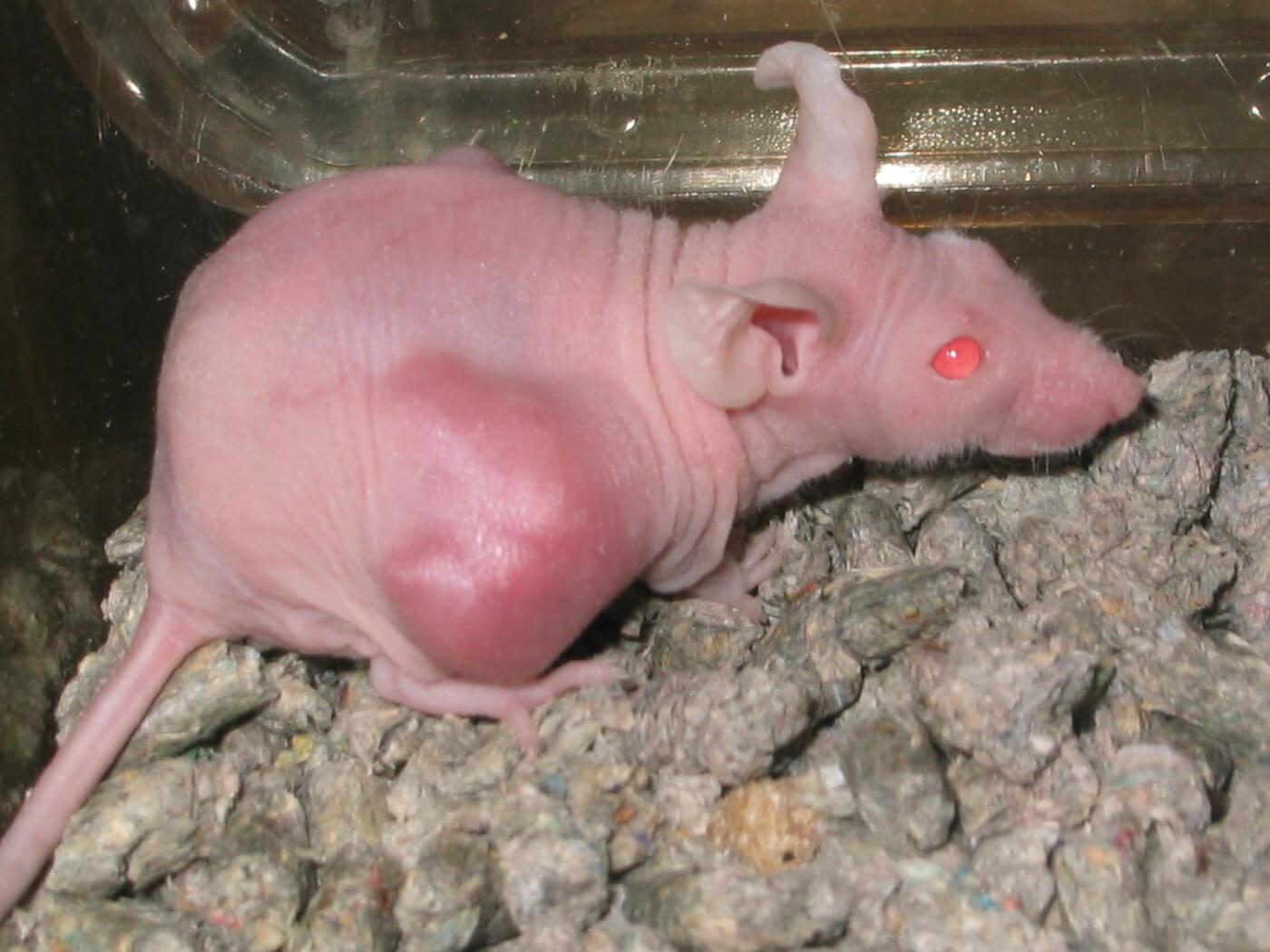
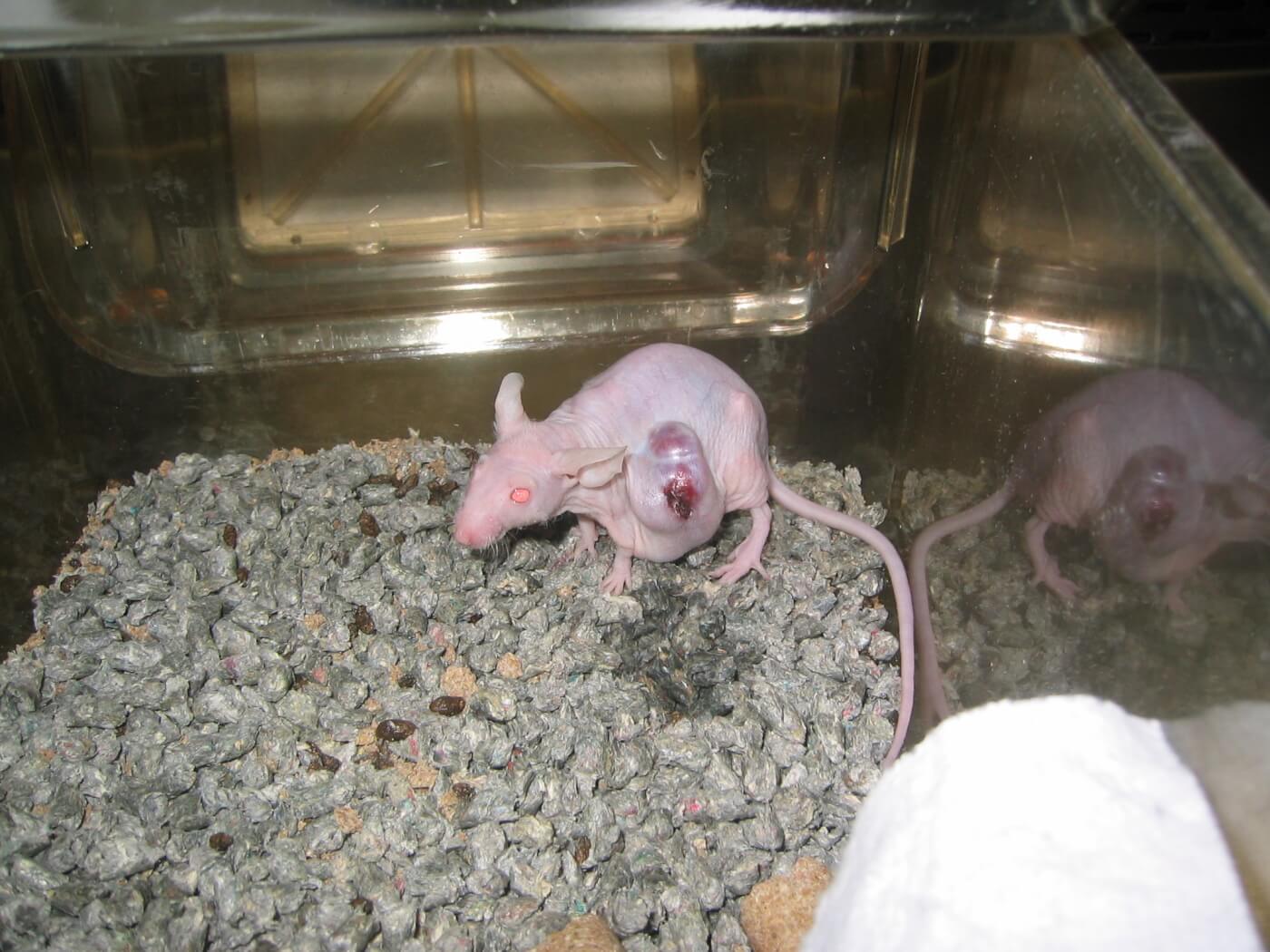
But cancer drugs developed through animal experimentation fail to get approved 96.6% of the time. Why? The fundamental biological differences between humans and other animals are largely to blame. Other animals are poor stand-ins for humans, plain and simple. No matter the type of experiment, no matter how intricately designed, and regardless of its cost, experimenters haven’t been able to surmount the biological, immunological, and genetic differences between species. It’s even led a former director of the NCI to wave the white flag.
“The history of cancer research has been a history of curing cancer in the mouse,” said former NCI Director Dr. Richard Klausner. “We have cured mice of cancer for decades—and it simply didn’t work in humans.”
Animals are also used to try to determine whether pesticides, food additives, and pharmaceuticals might cause cancer in humans. In each test, hundreds of mice and rats are forced to ingest or inhale chemicals every day for up to two years at a time, causing them nausea, tumors, and death. These tests fail at accurately identifying potential human carcinogens or protecting human health.
There Is a Better Way
Tools such as cell-based (in vitro) experiments, human-relevant computer models, human-based tissue engineering, cancer organoids, and epidemiology studies hold the promise of more relevant and reliable methods that may actually win the war on cancer.
For example, tumor-on-chip models are being used to study how immune and cancer cells interact with each other. These models can be personalized with cells from human cancer patients and then used to test drugs. The responses of the cells can even be observed in real time.
Scientists and computer programmers are using artificial intelligence to generate profiles of cancer cells to identify markers that may be meaningful for drug discovery and may predict drug responses for individual patients.





